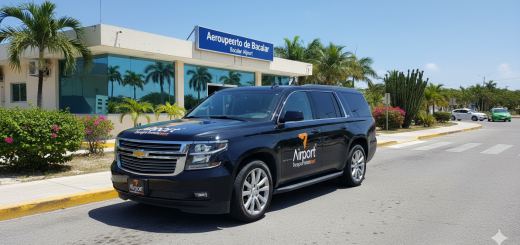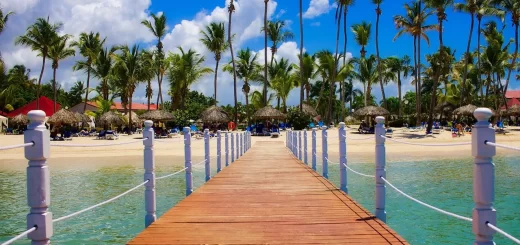What animals can you see in freedom in Cancún and its surroundings?
What animals can you see in freedom in Cancún and its surroundings?
Cancún, know for its paradisiacal beaches and vibrant nightlife, is also a refuge for an impressivee diversity of wildlife. From Majestic jaguars to endangered sea turtles, the region offers unique opportunities for nature lovers. In this article, we will explore the main ecosystems of the area and the species that can find their natural hábitat.
Key ecosystems in Cancún and the Riviera Maya
-
Nichupté Lagoon System
Located in the heart of Cancún, the Nichupté Lagoon System is a network of interconnected lagoons surrounded by mangroves. This ecosystem is home to rich biodiversity, including crocodiles, migratory birds and various species of fish.
-
Sian Ka’an Biosphere Reserve
Located south of Tulum, Sian Ka’an is one of the most important protected natural areas in México. With more than 528,000 hectares, this reserve is home to jaguars, pumas, manatees and a variety of birds.
-
Contoy Island National Park
About 30 km north of Isla Mujeres, Isla Contoy is a sactuary for seabirds and turtles. The tortoises, lute and caguama turtles nest on their beaches, while the nearby reef is home to rich marine life.
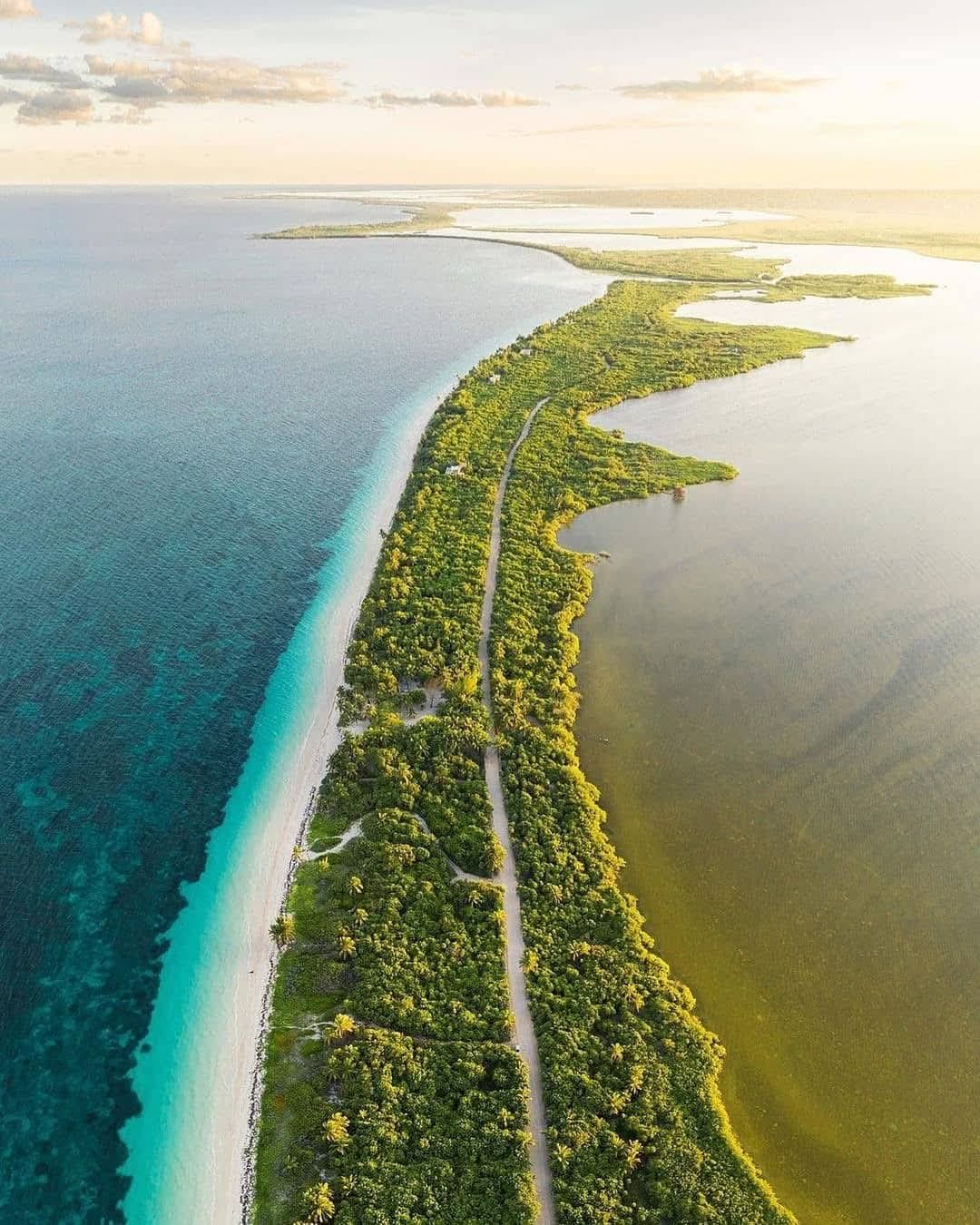
Mammals in freedom
Jaguar
The jaguar, the largest feline in Americ, lives in the jungles and mangroves of Cancún and its surroundings. Altough it is an elusive species, sightings have been recorded in areas such as the El Edén Ecological Reserve and the Protection Area of Flora and Fauna Mangroves of Nichupté.

Ocelot
Smaller than teh juguar, the ocelot also resides in the region. Its mottled fur allows it to camouflage itself effectively in dense vegetation.
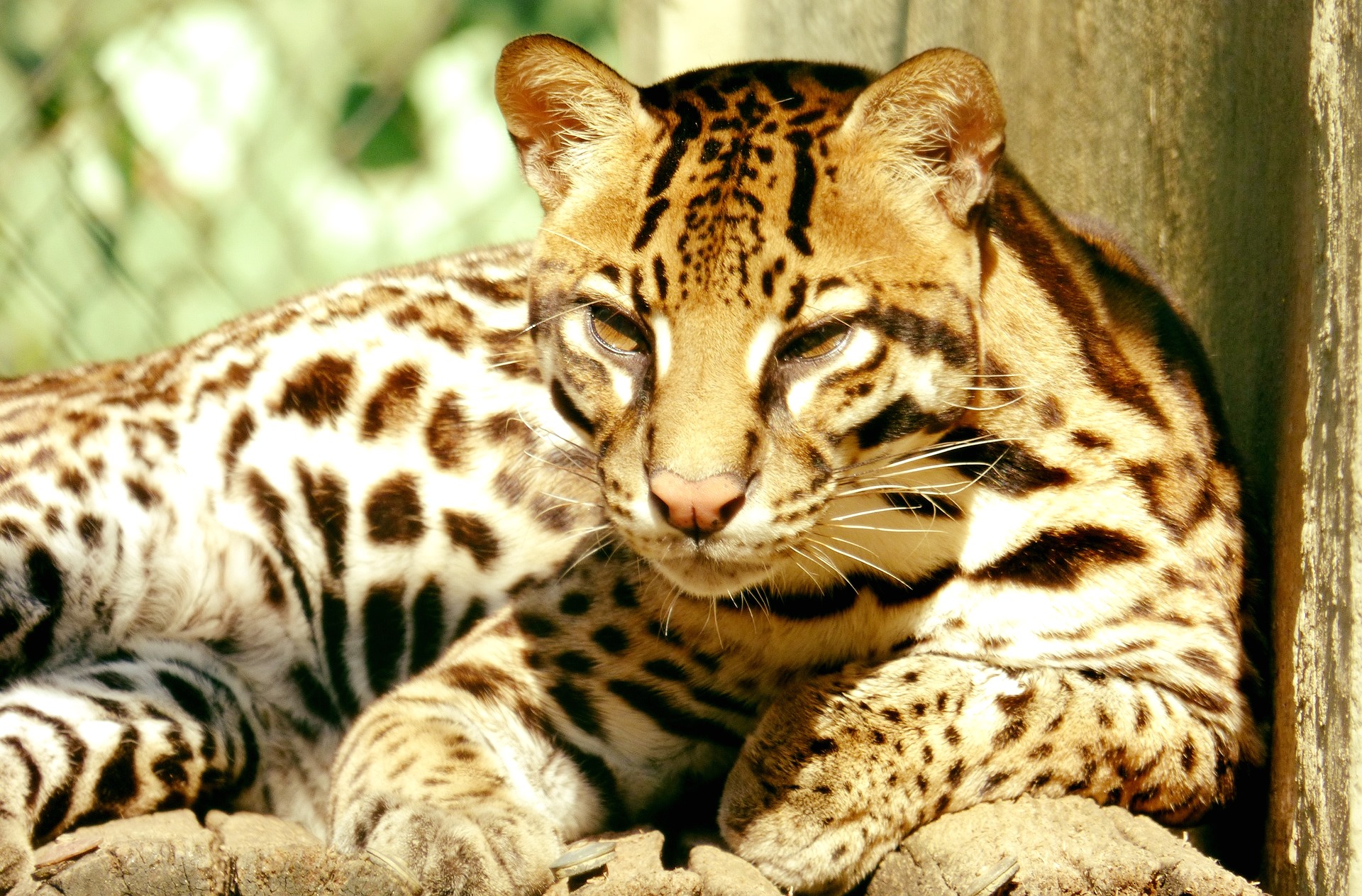
Manatí
In the coastal waters of the Riviera Maya, especially in areas such as Xcalak, manatees can be spotted. These marine mammals feed on pastures marine and are know for their calm nature.
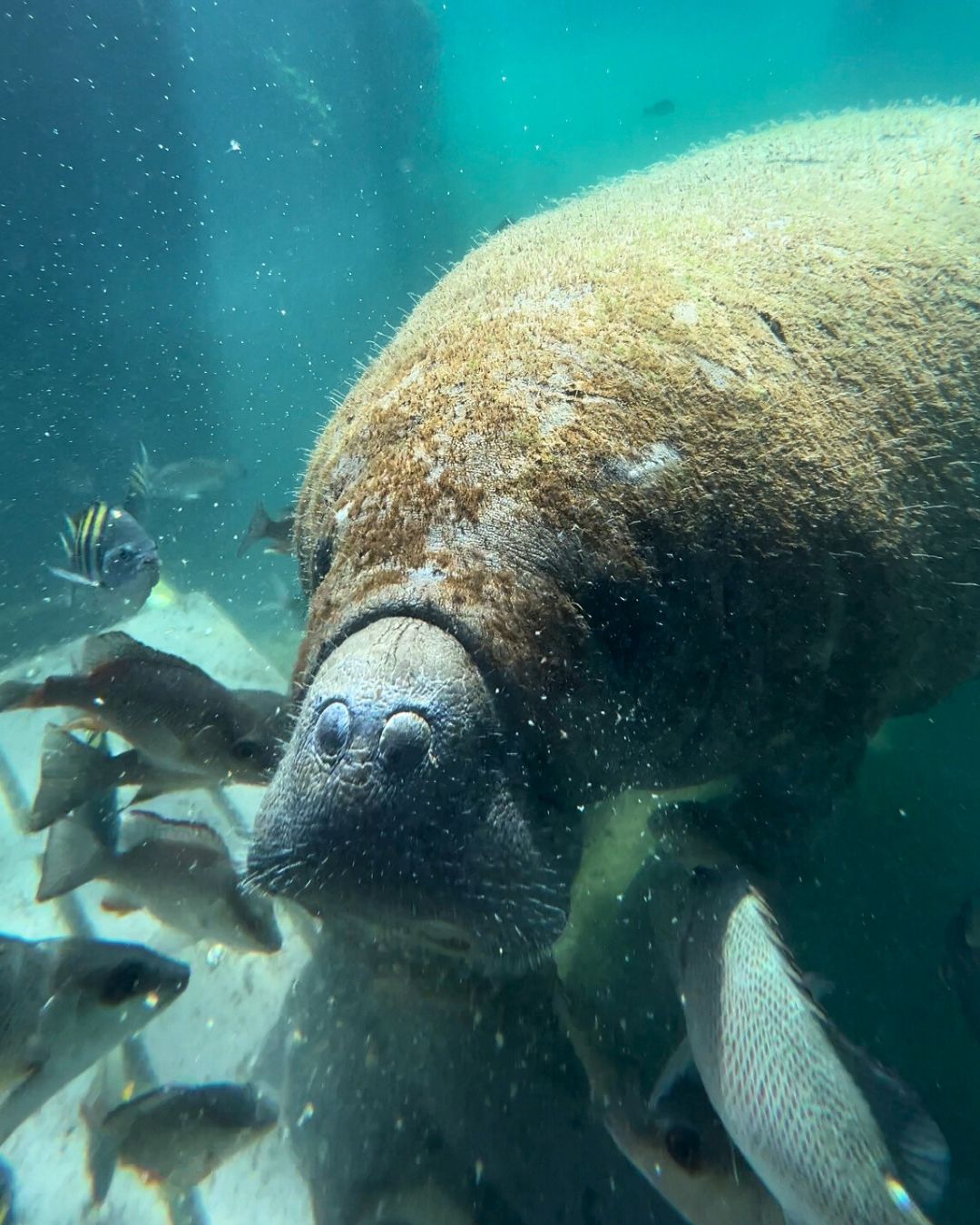
Spider monkey
Spider monkey are one of the most charismatic animals that inhabit the jungle of the Riviera Maya. They are know for their Agility and for the way they use their prensile tail as a fifth limb to move between trees. They can be seen in nature rserves such as Punta Laguna, a Mayan community near Cobá that protects this species. Although they are in danger of extinction due to the los of their hábitat, they can still be observed in small groups if you have patience and keep silence during the walk.
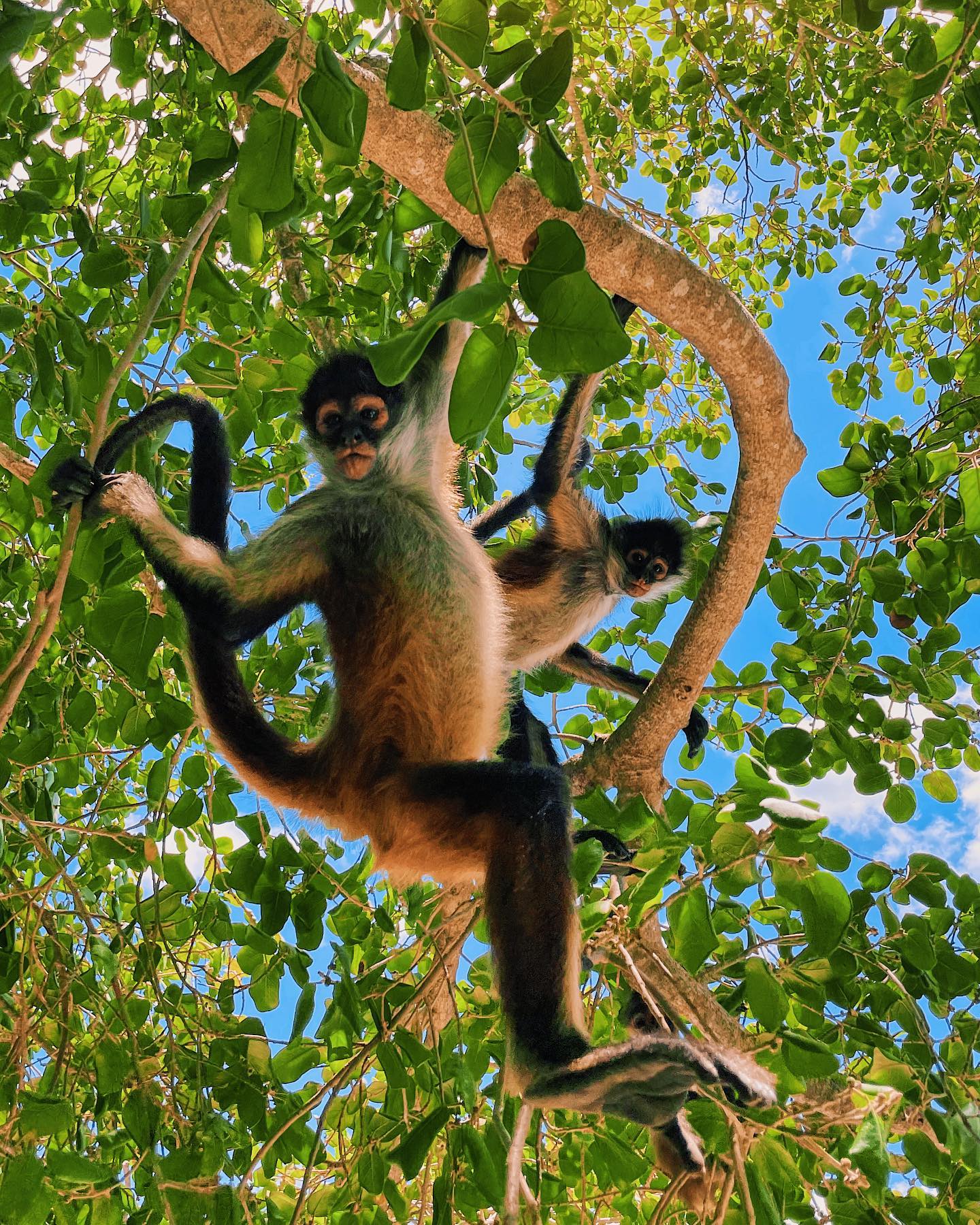
Coatí
Coaties usually move in groups, especially females and their young. They are curious animals and, although they have become somewhat accustomed to human presence, it is important not to feed them to prevent them form changing their natural behavior.
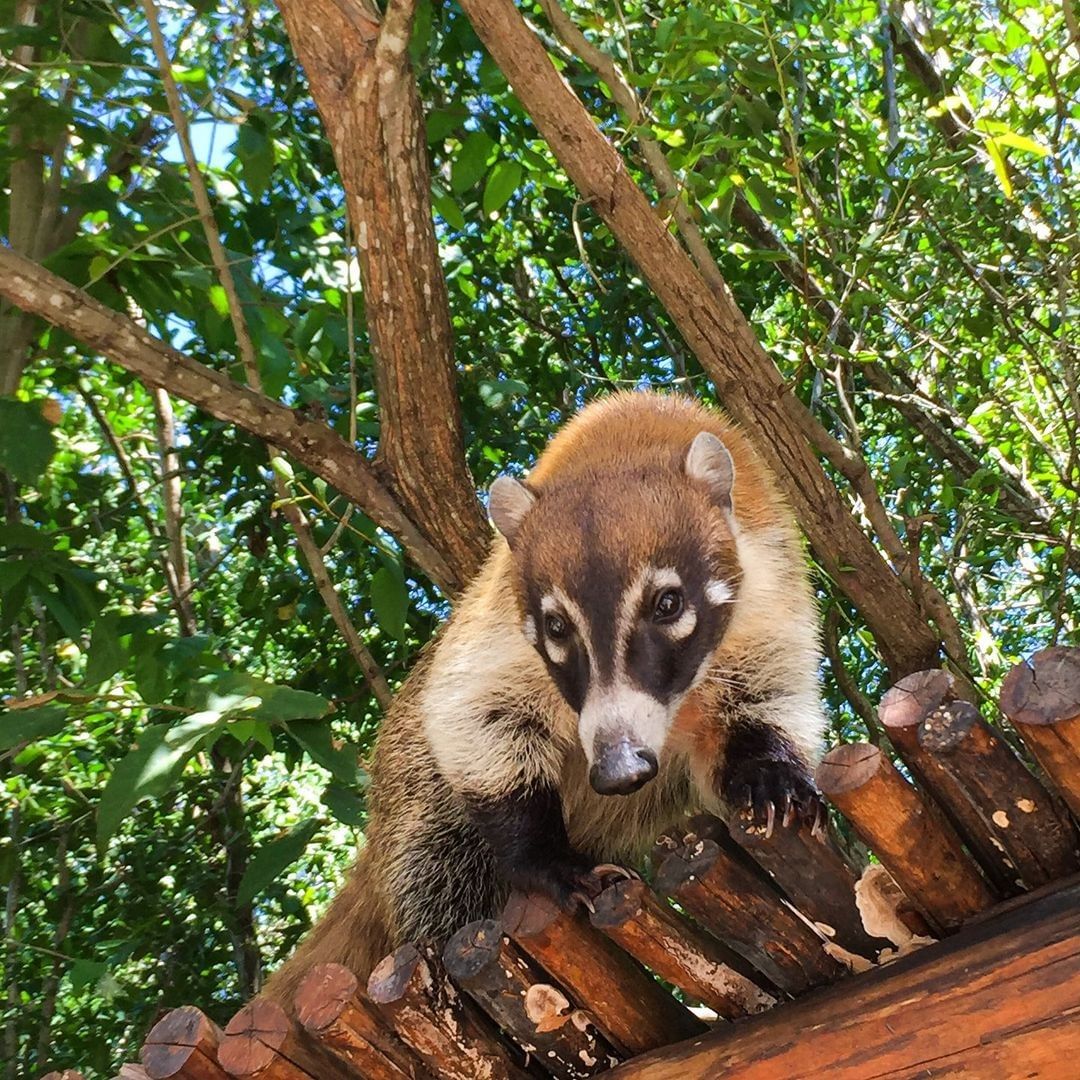
Reptiles and amphibians
American crocodile
This reptile lives in lagoons and rivers in the region, including the Nichupté Lagoon system. Although their presence can generate concern, crocodiles are essential for ecological balance.

Sea turtles
Four species of sea turtles nest on the beaches of Cancun and the Riviera Maya: the while turtle, tortoiseshell, caguama and lute. The nesting season begins in May and lasts until Octuber.
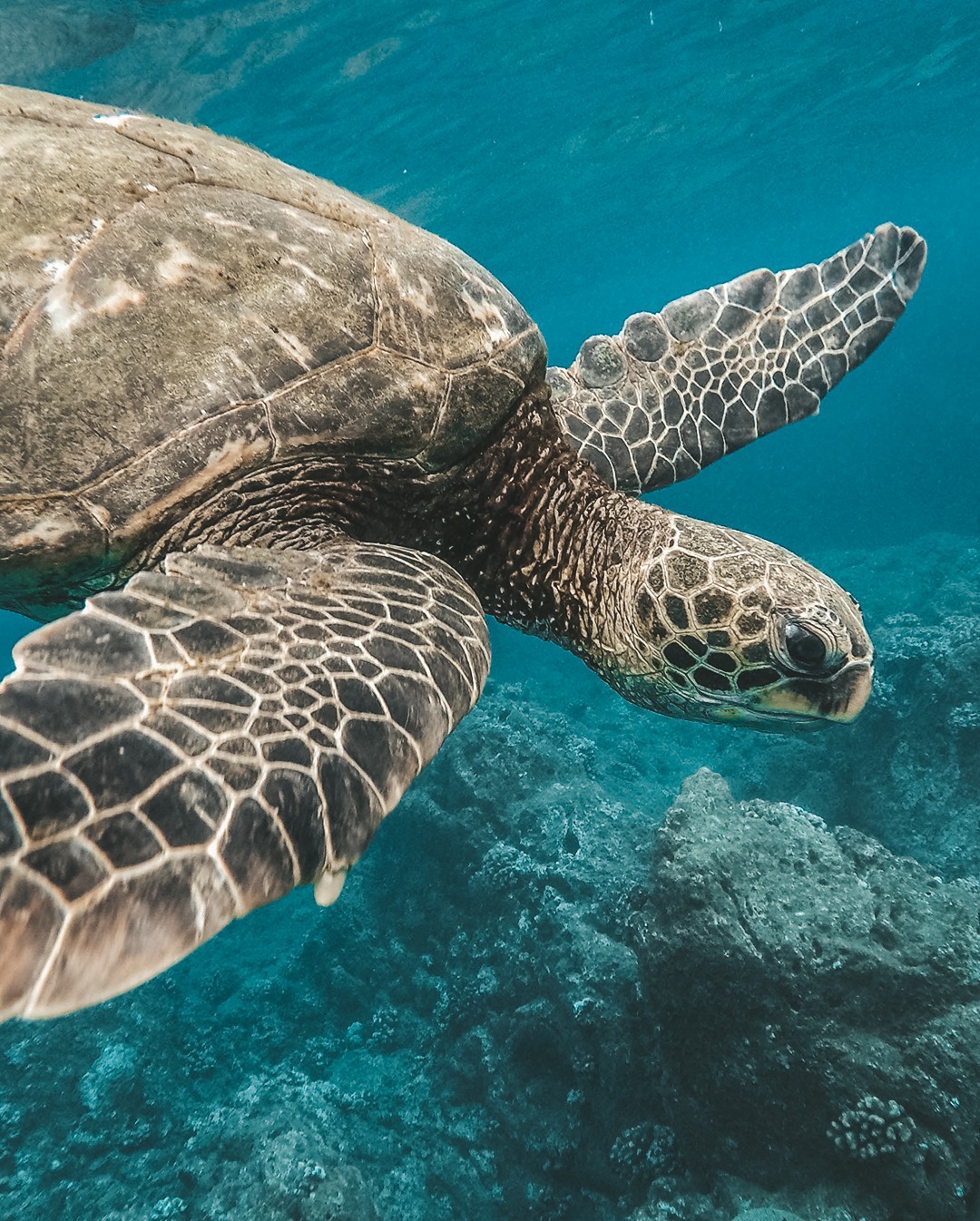
Birds in Cancún
Cancún is a Paradise for birdwatchers, with more than 250 registered species. Among them are:
- Pink Flamingo: Common in the salt lagoons of the region.
- White heron: Frequent in mangrove areas.
- Royal duck: Lives in freshwater bodies.
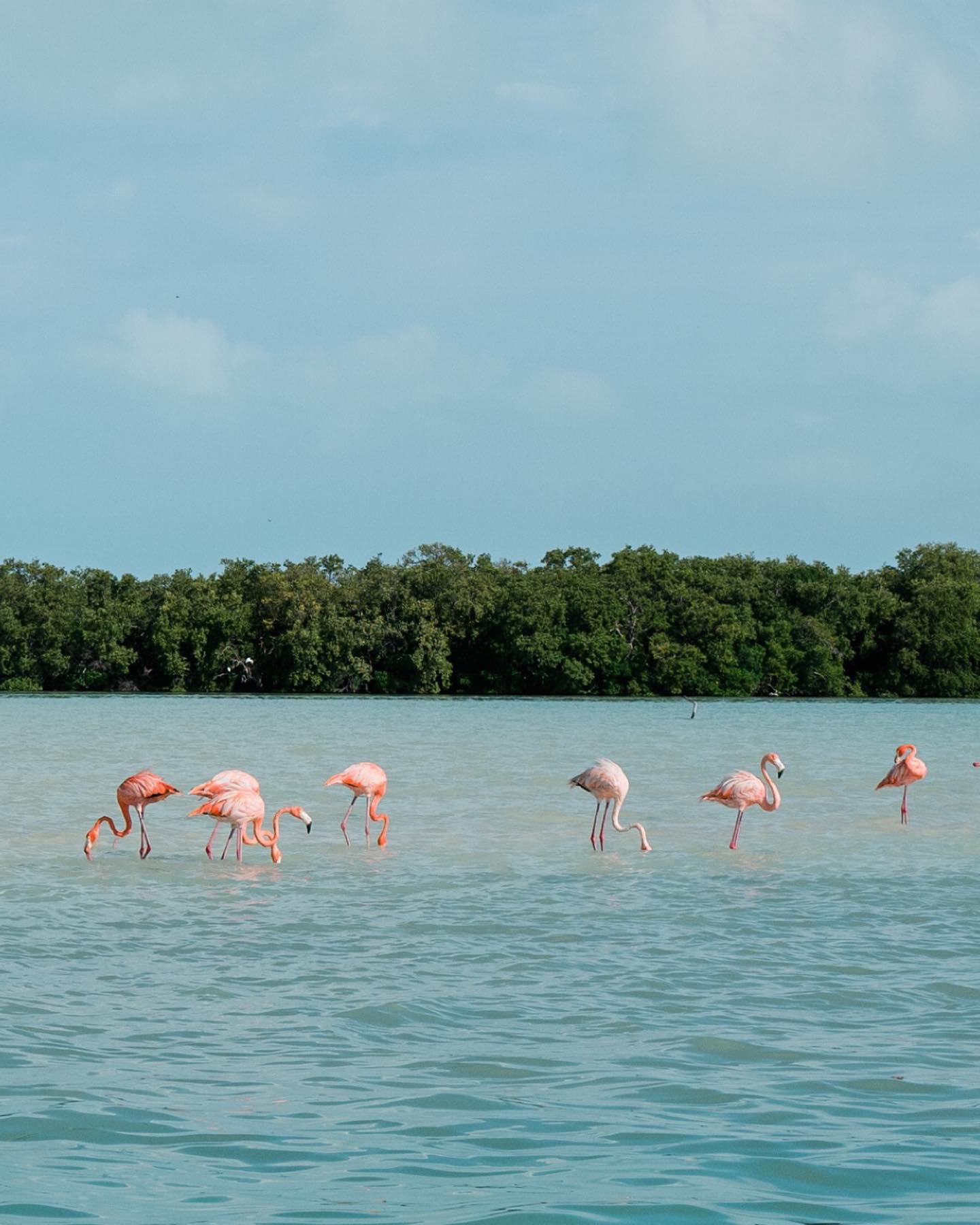
These birds can be observed in areas such as the Nichupté Lagon System and the Sian Ka’an Biosphere Reserve.
Marine life
The Mesoamerican Reef System, which extends along the Caribbean coast, is the second largest reef in the world. It is home to a rich marine biodiversity, including:
- Whale shark: The largest fish in the world, which feeds on plankton.
- Dolphins: Frequently sighted on observation tours.
- Sea turtles: In addition to nesting on the beaches, they can also be seen swimming in nearby waters
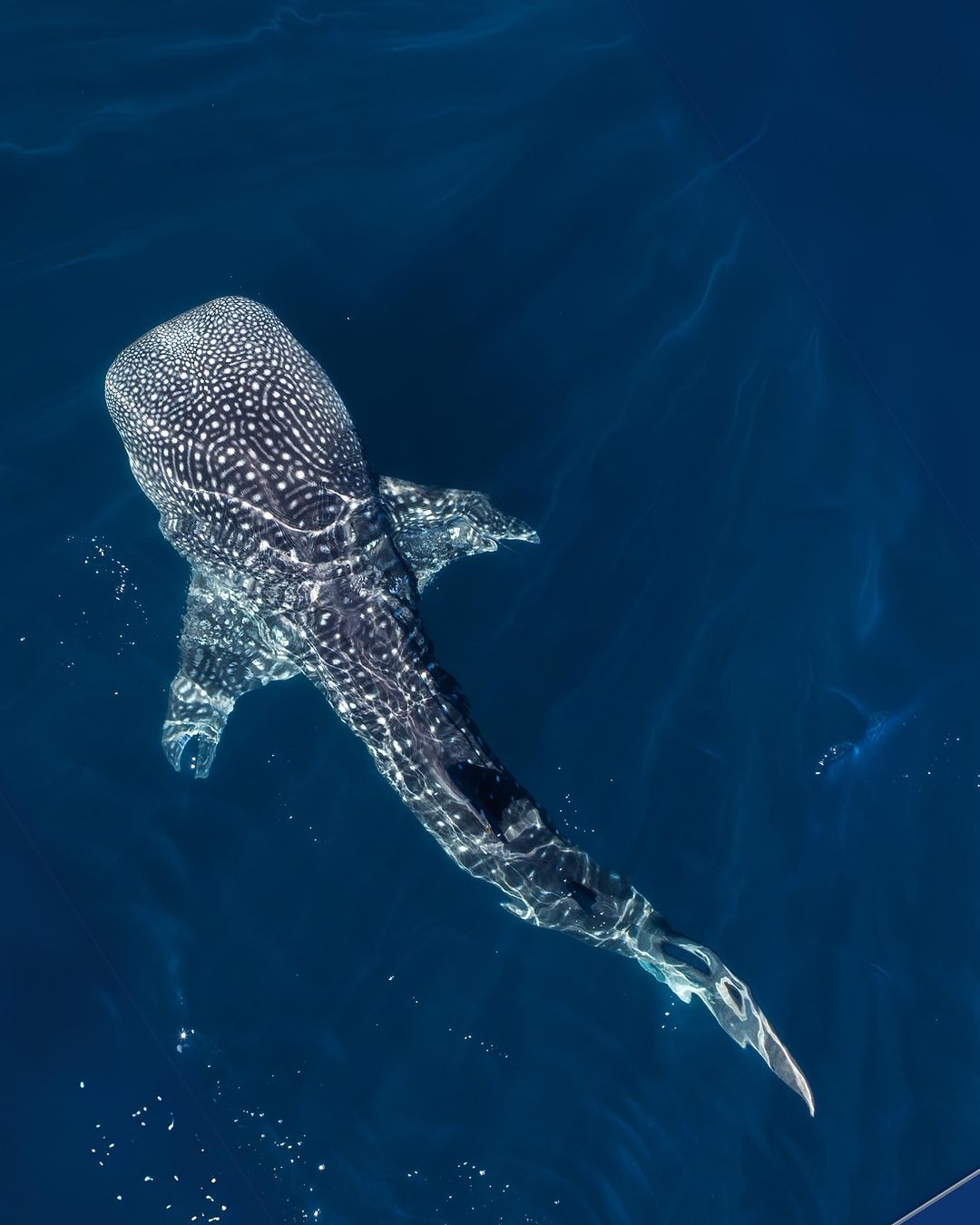
Conservation and responsible tourism
The growing tourist activity in the region has put pressure on these ecosystems. It is essential to adopt responsible tourism practices to ensure the conservation of local wildlife some recommendations include:
- Respect the signs and restrictions: Avoid Access to protected areas without authorization.
- Do not feed animals: Interfering with their natural diet can be harmful.
- Participate in ecoturism activities:Support tour operators who promote conservation.
How can you contribute to ecotourism?
By choosing a private transport service committed to sustantibility, you can Access unique wildlife sighting experiences in the Riviera Maya:
- Personalized tours: Adapted to you interest and schedules.
- Expert guides: Deep knowledge of local biodiversity
- Comfortable and ecological transport: Efficent and respectul vehicles with the environment.
Conclusion
Cancún and its surrounding offer a rich biodivestity that goes beyond its beaches. By exploring its ecosystems and observing its fauna in freedom, you not only live a unique experience, but you also contribute to the conservation of these valuable natural resources. Always remember to opt for resonsible tourism practices and support local communities in their preservation efforts.


